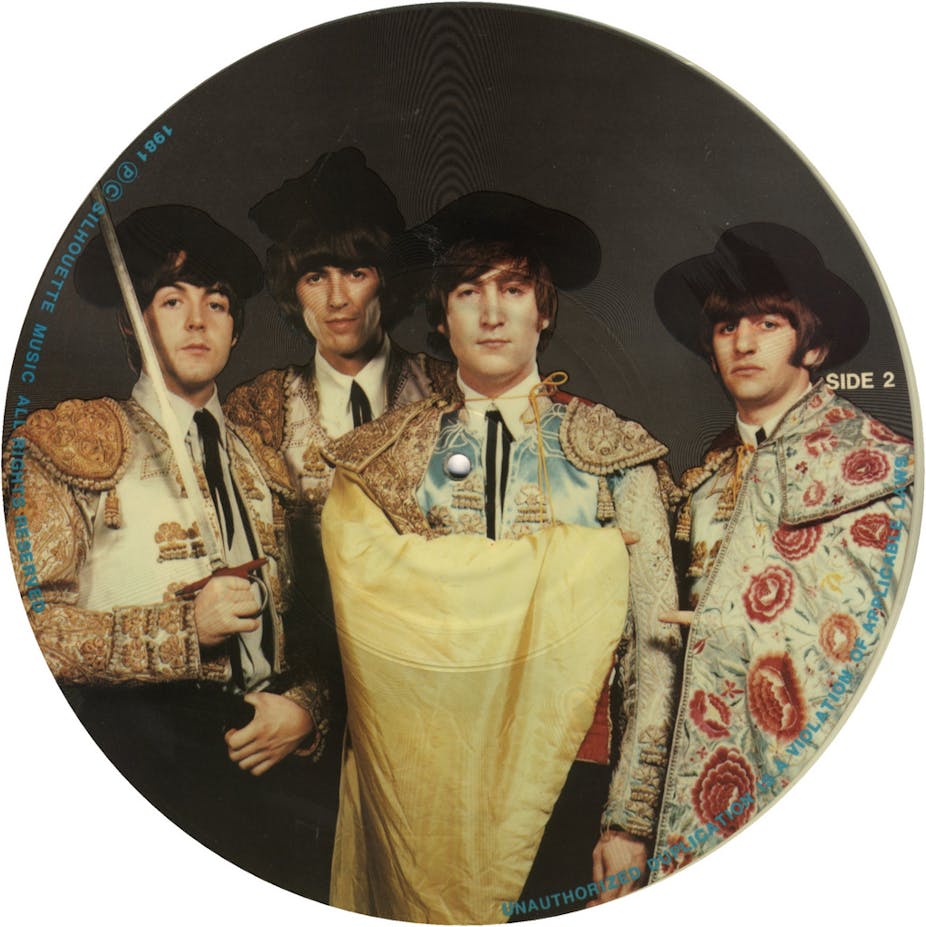Music fans may have noticed something odd when their favourite artists release new “best-of” compilations or remaster back catalogues for CD or iTunes. Over successive reissues, the same songs sound worse. If the technology is getting better, one might ask why the recordings sound so more compressed and muffled? Did someone lock Zeppelin, the Clash, and Eric Clapton in a closet? Shouldn’t technological improvements be leading to better-sounding music?
In making sense of this trend, however, the great economist John Maynard Keynes would not have been surprised. To be sure, Keynes had abundant respect for markets as a means to spread the benefits of technological innovations. Put differently, he recognised that Adam Smith was often right – that the “invisible hand” of market competition could lead entrepreneurs seeking to advance their own interests to act in ways which promoted the collective good.
But Keynes also saw another possibility. Adam Smith might also be wrong where markets give rise to collective action problems. In such settings, short-run desires might undermine the long-run common good. This analysis has most famously been applied to make sense of market “manias, panics and crashes”, as short-run speculative pressures feed on themselves in ways that culminate in unsustainable bubbles and eventual market busts. Witness the subprime boom and global financial crisis.
However, Keynes can help us understand an array of other market failures, in contexts far removed from financial settings. Indeed, the erosion of audio quality can be seen as also reflecting a collective action problem: everyone wants their music to be louder — and artists compete to “turns up the volume”.
Audiophiles have taken note of this trend, giving expression to the “the loudness wars”. In this struggle, record companies — if one may still speak of “records” — master recordings so that they will more readily capture the attention of casual listeners on the radio or iPod “shuffle” settings. In effect, each company fears that if its recordings are too quiet, listeners will tune out. As a result, every company tries to make its recordings a little louder than everyone else’s. The subsequent “race to the bottom” has only led to a degradation of sound quality.
One might ask: why isn’t it possible for the listener to simply turn the music back down? This requires venturing a little deeper into the morass of digital mastering. In short, past a certain point, the remastering process is limited by the “mastering peak amplitude” of a CD. Once this point has been reached, the only way to make the CD louder is to push more of a sound file to its fullest possible amplitude, decreasing the dynamic range across the track. This can be seen clearly in YouTube clips which contrast original and remastered versions of the same song – and shows how songs can become “brickwalled” as every facet of the recording is pushed to the same maximum amplitude. The result is often to rid the track of delicacy and nuance.
To be sure, some artists are so massive that they can get away with “opting out” of the loudness wars. The Beatles and ironically, Guns N’ Roses, have been praised for bucking the trend and putting out “quieter” remasters. However, for other bands, including major artists like Led Zeppelin, Eric Clapton and the Clash, their older CDs often sound better than their “new and improved” remasters. And new music by such artists – even Paul McCartney and Bob Dylan – is often unlistenable. The only option here is to buy a vinyl remaster, where the physical limitations of the record itself limit how loud the mastering can go.
In sum, the loudness wars show how competition can have a paradoxical effect, lowering the quality of goods. Indeed, just as Keynes highlighted the paradox of thrift – “where there is no spending, there can be no saving,” critics of the loudness wars argue that “when there is no quiet, there can be no loud” – and so music really does sound worse than it used to.

